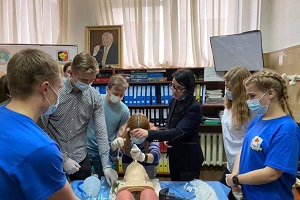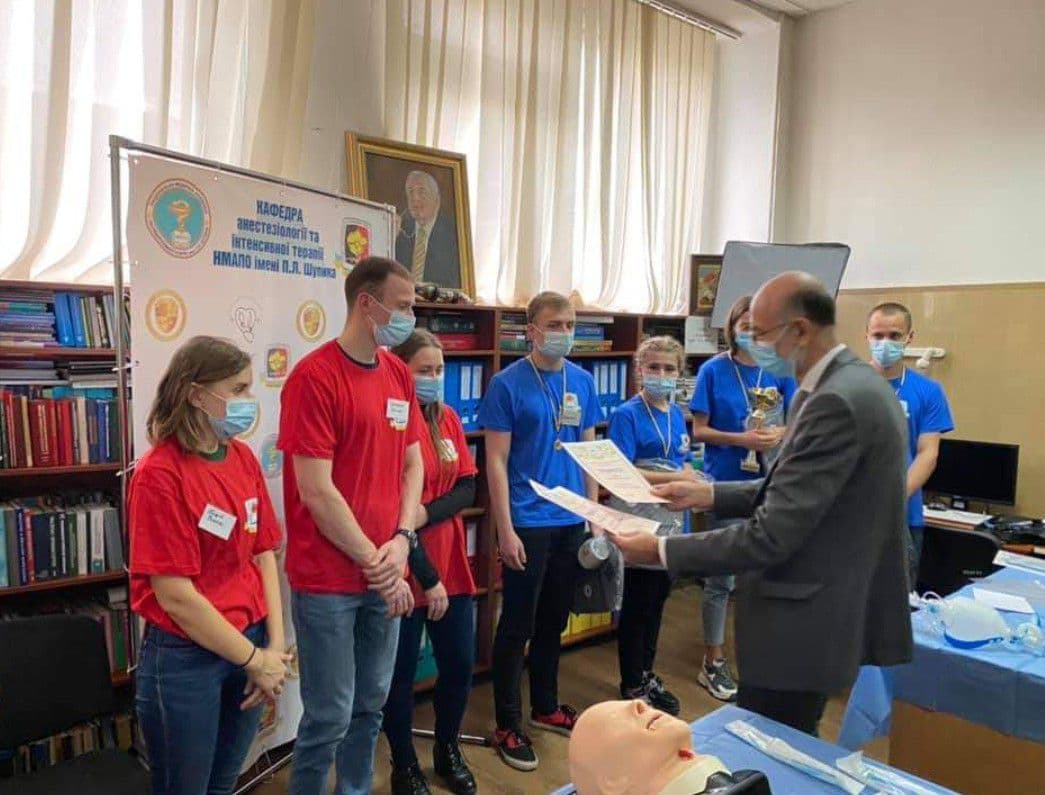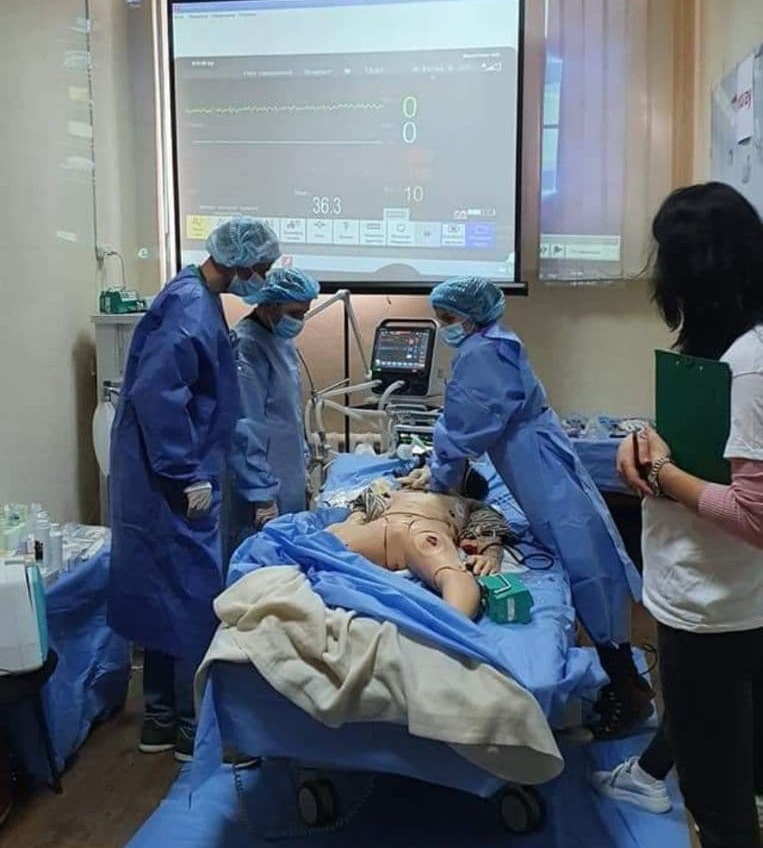Simulation training is a method of acquiring practical skills that involves the use of simulation of real clinical situations. Simulations are used in many contexts, such as simulating technologies to optimize performance, developing security tools, testing, training, education, or video games.

Medical skills are acquired through cognitive (knowledge) and psychomotor skills (practice). Basic clinical and theoretical training of physicians includes non-technical skills such as communication, clinical judgment, and planning. To master and improve technical / psychomotor skills and communication skills, constant practice and simulation are necessary, which allows you to bring the technique of performing these techniques to automatism. Using of simulation techniques and methods in medical training is called simulation training in medicine. Such approaches have become widespread in medical education, in particular in postgraduate education, both around the world and in Ukraine.


In order to encourage interns to use simulation training methods and establish the level of training, a Simulation Olympiad was held between teams of higher educational medical institutions of Ukraine within the framework of the Young Anesthesiologists Conference "Trishchynskiy Readings»" (MAC VI). The first place was won by a team of interns of the Department of Anesthesiology and Intensive Care of Shupyk National Healthcare University of Ukraine (Head of the Department, Professor Oleg Loskutov, responsible for training interns Associate Professor I. Kuchynska). The second place was taken by the team of the Bogomolets National Medical University, the third by the team of Odessa National Medical University.



